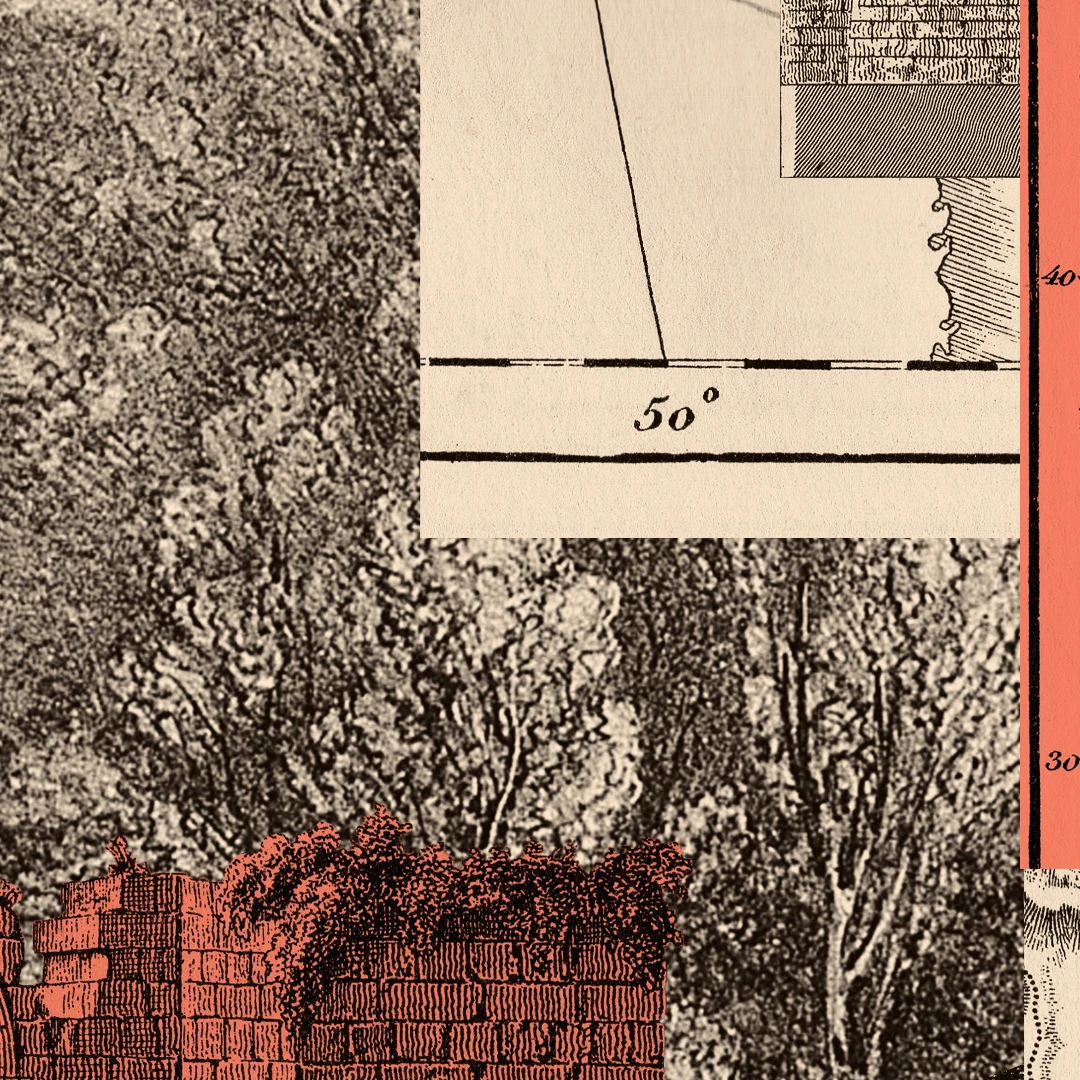All Authority in Heaven and on Earth

Who has the authority to command others? What gives someone the right to command someone else? This question can be raised with respect to every area of life: family life (parents), church life (pastors, elders), civil life (governors, rulers, and so forth). Who authorizes parents, pastors, elders, and governors to rule in their respective spheres?
It is noteworthy that before Jesus commissioned His disciples in Matthew 28:18–20, He asserted His authority to do so. Having accomplished the work of redemption, He anticipated His ascension and coronation, that point at which He was to be seated at the right hand of the Father and given the name that is above every name in the heavens and the earth (Eph. 1:20–23).
Authority is the right to rule, to command, to govern. The Greek word exousia, which is translated as the English word authority in Matthew 28:18–20, literally means “that which arises out of being.” It is the right to rule that arises out of the present conditions (state of being) or relation in which one finds himself. A father has the right to rule by virtue of the God-ordained relation that the father has with his child. Jesus has the right to rule by virtue of His present state of being, or condition, as the victor over sin, death, and hell.
Thus, before the Lord Jesus commissioned His disciples, He asserted His authority to do so. Here is the claim of universal and unlimited authority. We should note first the source of His authority: He received it from His Father. In His state of humiliation (His earthly life prior to His resurrection), He possessed authority, but He voluntarily limited the exercise of it. However, He would at times assert it with great power.
During His ministry, His authority was manifested in the manner of His teaching (Matt. 7:29), in granting forgiveness of sins (Matt. 9:6), in calming the sea (Matt. 8:26), in healing all manner of sickness and disease (Matt. 9:35), in casting out demons (Matt. 12:22), and in gaining victory over death itself (John 11:43).
But all of these exercises of authority were but faint manifestations of the unlimited and universal authority that was restored to Him by the Father in His exaltation. Now Jesus claims “all authority in heaven and on earth.” And later, the Apostle Paul writes to the Philippians telling them that God the Father has now “highly exalted” the Son so that at His name “every knee should bow.” All things have been placed under His authority (Phil. 2:9–10).
Of course, Jesus, being the eternal Son of God, has authority in Himself. He possesses authority according to His deity along with the Father and the Spirit. He, along with the Father and the Spirit, is the sovereign creator and sustainer of all that exists.
There is no place in this universe over which Jesus has not been given authority. His authority penetrates every realm and sphere of influence.
However, at His incarnation and in His humiliation, He chose not to exercise His authority in the same way He did before. As the Westminster Shorter Catechism states, He was “made under the law” (Q&A 27). He, who with the Father and the Spirit expressed His sovereign will in the authority of His holy law, was now subject to this law. Jesus in His incarnation experienced the humiliation of being under the authority of mere men: parents, civil rulers, and so on. He chose not to exercise the full privileges of His authority and allowed Himself to be governed, even abused, by mortal and evil men.
But, after He had accomplished the work the Father gave Him, He was exalted on high as the God-man, the Messiah. Jesus then had authority given to Him by the Father. His pre-incarnate authority was reinstated as He was invested with authority from on high as both Lord and Christ. The messianic prophecy of Psalm 2 was fulfilled in Jesus (Acts 13:33; Heb. 1:5; Heb. 5:5). Throughout the Old Testament, Israel was promised a Messiah who would be exalted to the place of supreme authority and dominion. Psalm 2:6–8 states that the Messiah is given the very nations of the earth as His inheritance. All angelic beings, saints, prophets, and Apostles bow down before Him, acknowledging that He is the King of kings and the Lord of lords. And one day His every enemy shall be conquered and made His footstool (Ps. 110:1).
Note also the extent of His authority. It is unlimited. His authority is not restricted by jurisdiction or geography. He has received from the Father all authority, without limitations or restrictions. We know this is the case because Jesus adds the clarifying phrase “in heaven and on earth”—everywhere in the universe in which any authority could be exercised. He is given all authority in the spiritual and material realms, in the heavens and on the earth. There is no place in this universe over which He has not been given authority. His authority penetrates every realm and sphere of influence.
It is upon this foundation that Jesus commissioned His disciples. It would not be the Great Commission if it did not rest upon this great claim to universal, unlimited authority. And being authorized by the Lord Himself, the disciples went forth and turned the world upside down.


